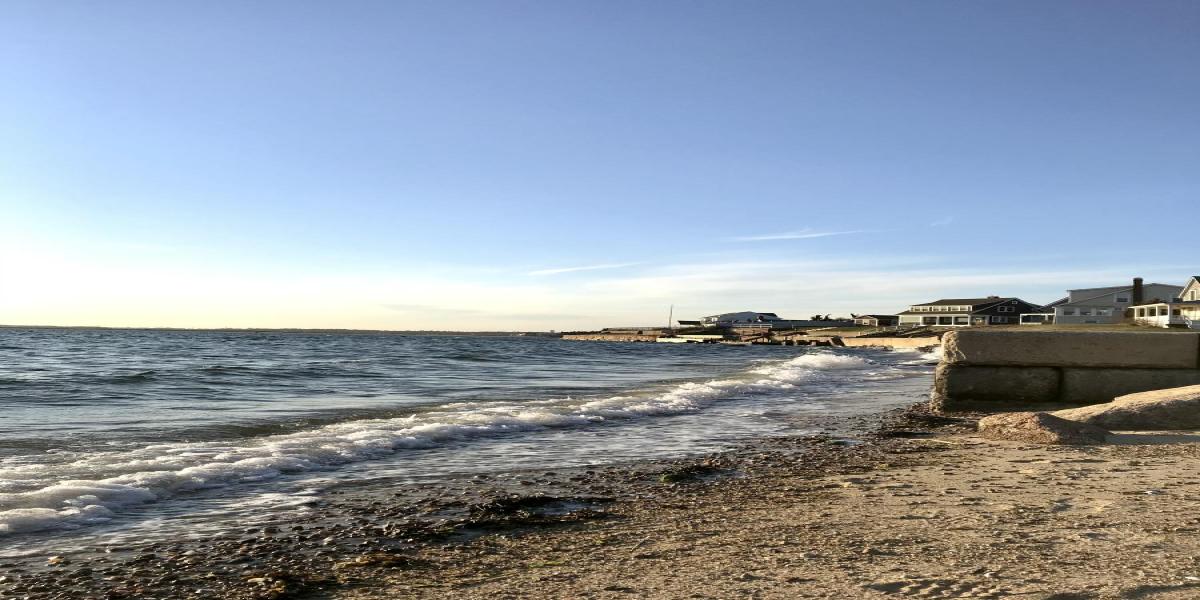Bathing Beaches & Water Quality

Town of Bourne Public Beaches
The Town of Bourne has nine public bathing beaches which includes two fresh water bodies. The dates of operation for the Summer of 2023 are through Labor Day. Beaches are sampled weekly, with the exception of any beaches that have received a variance from the state to be sampled monthly. Visit the Barnstable County Bathing Beach Water Quality website for more information and to see Bourne beach monitoring results: https://www.capecod.gov/departments/health-environment/programs-services/water-and-wastewater/beach-sample-results/
Cyanobacteria in Freshwater Ponds
Cyanobacteria, also referred to as blue-green algae or Harmful Algae Blooms, are commonly found in the phytoplankton community of aquatic ecosystems. The formation of cyanobacteria is a natural phenomenon that can occur in Health ecosystems, they form the base of the food web of freshwater ponds and streams that flow into coastal estuaries and the ocean but occasionally the balance of the ecosystem is disrupted and they grow rapidly in fresh water and form scums or mats in the water. Some blooms can produce toxins harmful to people and animals. Blooms on Cape Cod are most common in summer and early fall. Cyanobacteria blooms can change the water’s appearance from slightly discolored to resembling pea soup or thick paint. Blooms frequently appear blue or green but could be another color, such as brown or red. Health concerns from cyanobacteria blooms and their toxins include skin and eye irritation from topical exposure to gastrointestinal symptoms, liver damage and neurological damage when large amounts of toxins are ingested. If you see water that appears to have an algae-type bloom, do not come into contact with or ingest the water. Prevent contact and ingestion by children and pets and contact the Bourne Health Department.
Harmful Cyanobacteria blooms can be caused by a multitude of factors including warm water temperatures and high nutrient levels from sources such as fertilizer, pet or wildlife waste, human waste from leaking septic systems, and storm water runoff.
Barnstable County has partnered with the Association to Preserve Cape Cod (APCC), a local non-profit environmental organization, to monitor Cape Cod's ponds for cyanobacteria and the toxins they sometimes produce. If toxins are found to be present in an amount considered to be harmful to humans and pets, an advisory will be issued by the local board of health to make the public aware that swimming could pose a risk of illness. Please visit Cyanobacteria | Association to Preserve Cape Cod (apcc.org) for more information regarding the particulars of their monitoring program as well as their interactive map showing monitored ponds on Cape Cod.
Please refer to the following links for more information:
https://www.mass.gov/info-details/guidelines-for-cyanobacteria-in-freshwater-recreational-water-bodies
| Attachment | Size |
|---|---|
| 3.23 MB | |
| 618 KB | |
| 150.82 KB | |
| 1.23 MB | |
| 1.66 MB |

